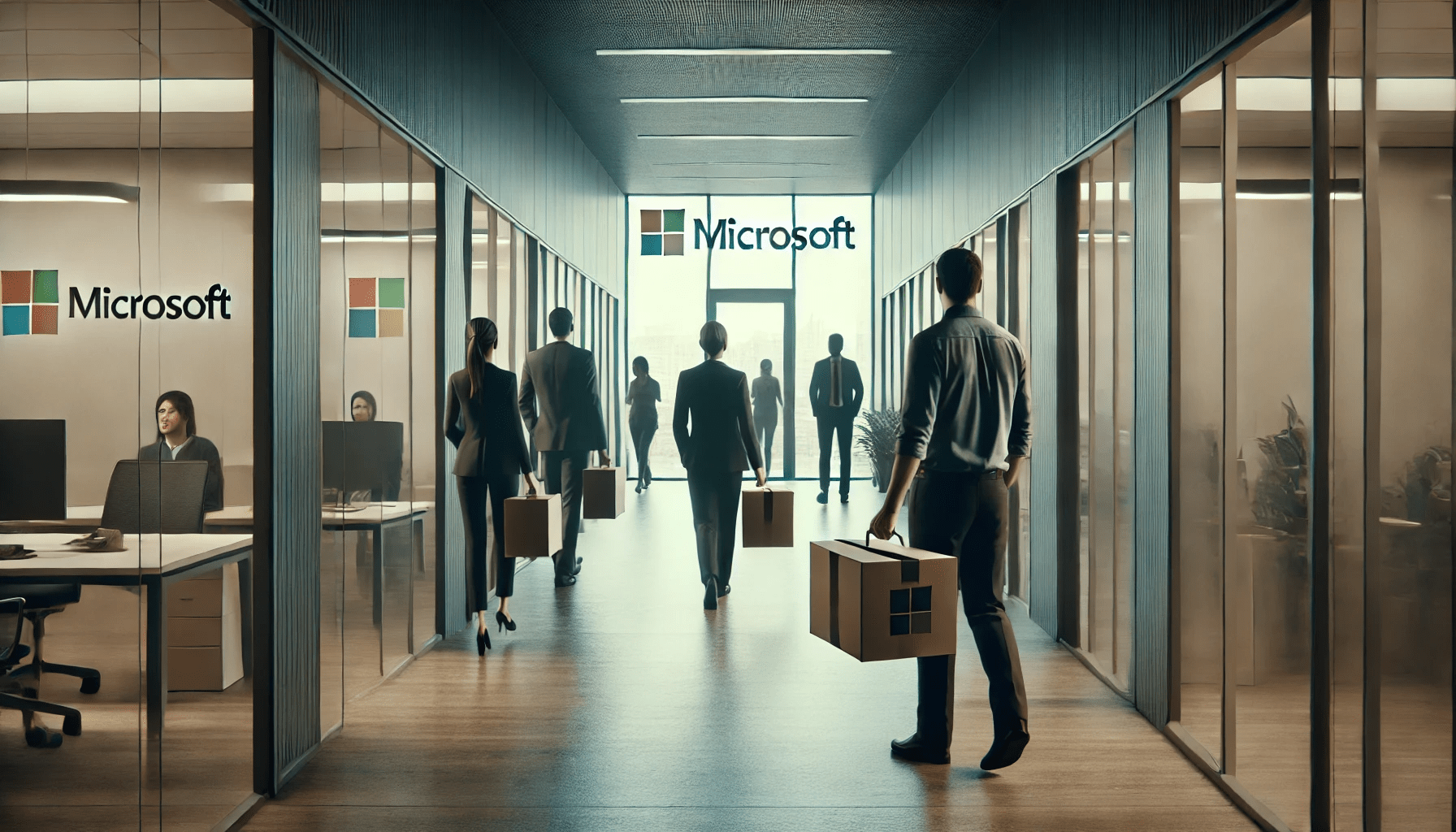Microsoft is making headlines again—this time for two sharply contrasting reasons. On one hand, the tech giant is celebrating significant advances in artificial intelligence, citing growth in its AI-powered services and infrastructure. On the other, it’s facing backlash and rising concern over job security as news of fresh layoffs spreads across its global workforce.
AI Growth in Focus
At recent investor briefings and industry events, Microsoft emphasized its AI-driven transformation, particularly the rapid adoption of Copilot, its suite of AI tools integrated into products like Microsoft 365, Azure, and GitHub. The company credits these innovations with improving user productivity, streamlining operations, and opening new revenue channels.
With ongoing partnerships with OpenAI and heavy investment in cloud-based AI infrastructure, Microsoft is positioning itself as a leader in enterprise AI. According to the company, demand for AI services continues to grow, helping offset macroeconomic pressures.
Layoffs Raise Questions
However, this upbeat narrative is being undercut by reports of job cuts across several business units, including customer support, sales, and even parts of its cloud and AI teams. Although Microsoft has not disclosed exact figures, internal sources and media reports suggest hundreds of roles have been affected.
The timing is striking—AI is being touted as the future of work, while many workers feel uncertain about their place in that future.
Balancing Innovation and Human Capital
Microsoft, like other tech giants, argues that job realignments are part of a broader shift toward high-skill, AI-focused roles. The company claims that it continues to hire aggressively in areas like AI engineering, machine learning, and cybersecurity, while phasing out roles that are becoming redundant or less aligned with strategic goals.
Still, for many employees and industry observers, the layoffs are a stark reminder of the disruption AI is causing in the job market. The perception that automation is replacing rather than supporting human workers is becoming harder to ignore.
Final Thoughts
Microsoft’s dual messaging—AI success and workforce reduction—captures the paradox of the modern tech economy. While AI is clearly creating value and unlocking new possibilities, it’s also reshaping the workforce at a rapid pace, often leaving workers uncertain about job stability.
As AI adoption accelerates, companies like Microsoft will need to be more transparent and proactive in addressing the human side of innovation—from reskilling programs to internal mobility and ethical workforce planning.


